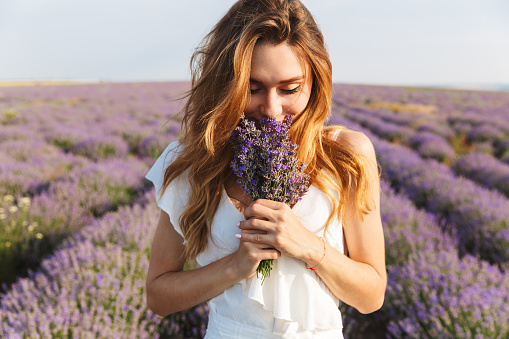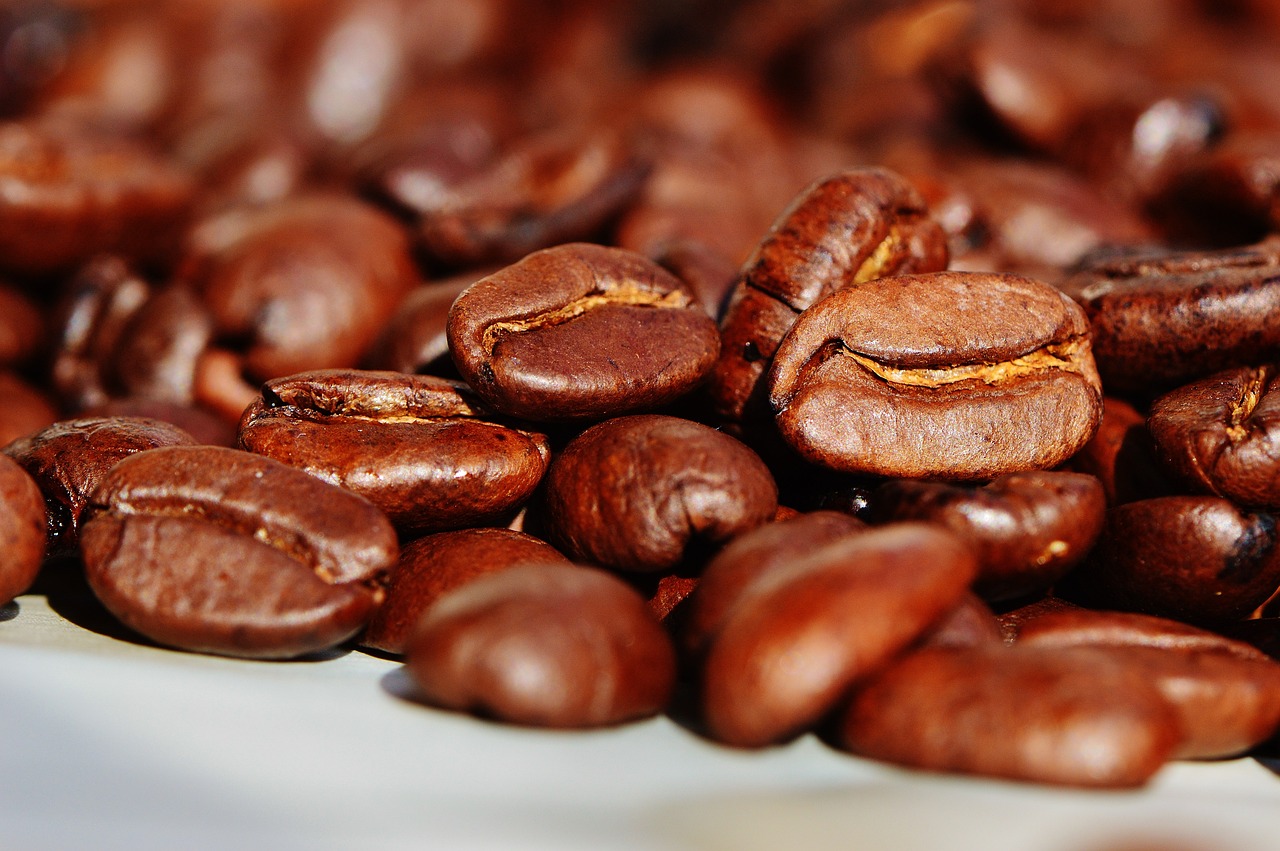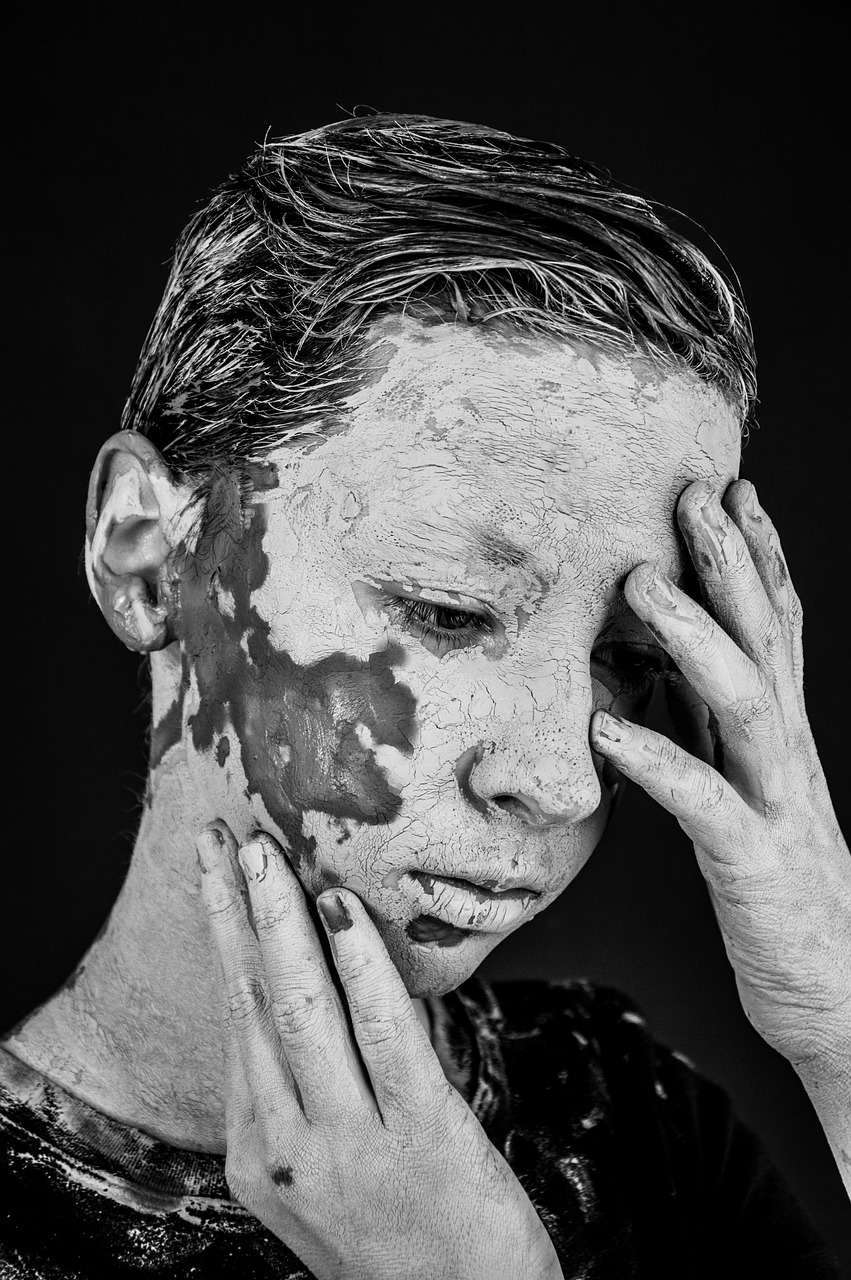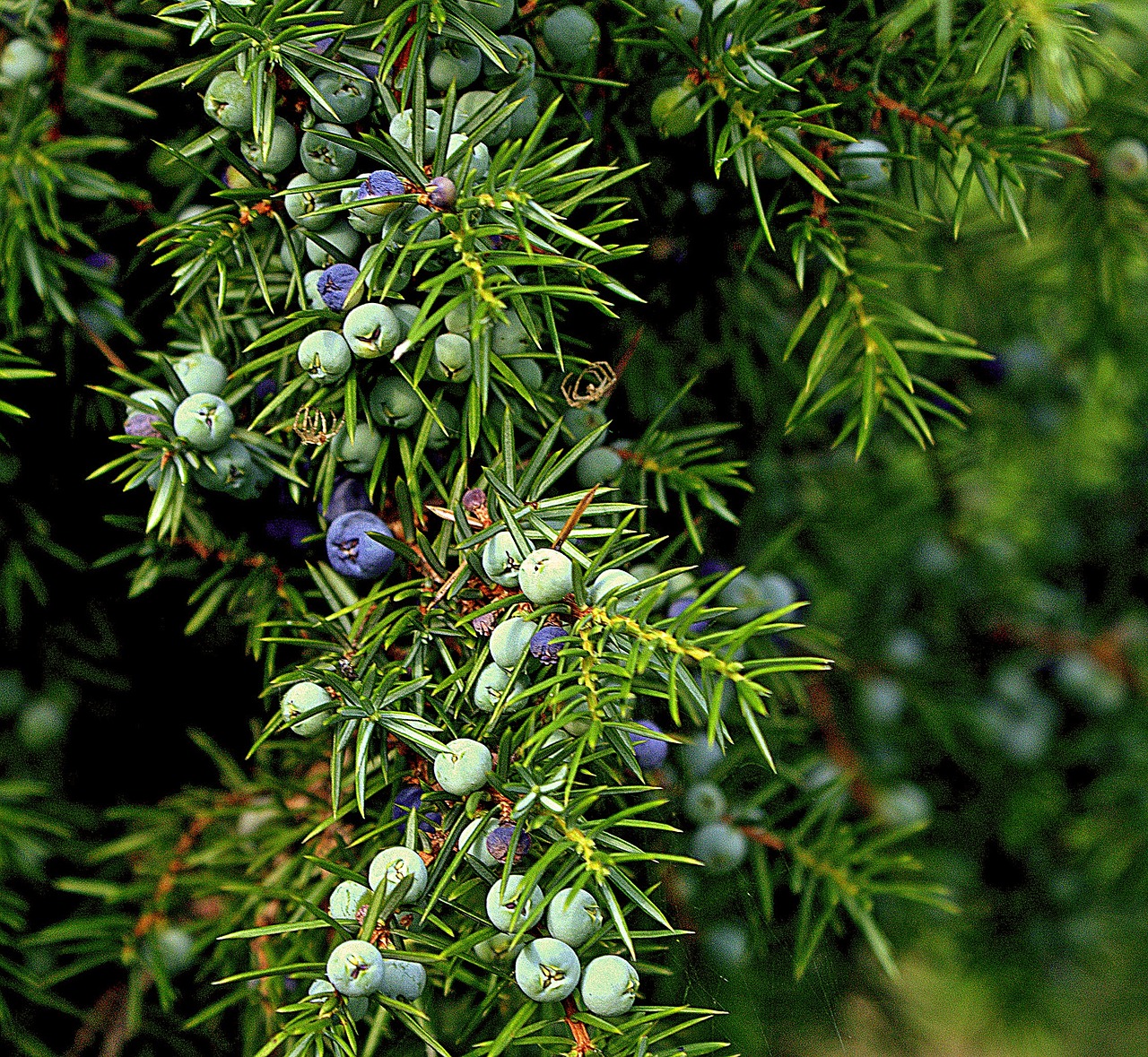Benefits of lavender
The lavender plant is characterized by a pleasant aroma and beautiful color, which makes it one of the favorite bouquets for many,
The homeland of lavender:
It is a shrubs shaped plant that lives in mountainous areas, in the forests that surround the western half of the European continent, the Mediterranean region. It is cultivated in abundance for its fragrant smell in France, Italy, England, and Norway.
It is now grown in Australia in order to make perfume from its flower.
The fragrant oil in the lavender blossom is important from a commercial point of view, especially as it is used a lot in the perfume industry, and to a lesser extent in the manufacture of medicines or treatment, and the pleasant aromatic smell is found in the blossom and in all parts of the shrub. In the form of green bouquets that perfume the atmosphere, where they are placed in a dry form, and crushed to turn into a powder (dry powder) that companies fill in small envelopes.
There are several genera of lavender, all of which are used in the production of lavender oil. But the largest part is produced from the lavender called Lava dual very, which grows in places where the sun’s rays fall constantly, and the rocky areas in the Mediterranean basin, and this type of lavender is called “English lavender”. It has a more aromatic and more pleasant smell than “French lavender”. It is the second type used in the production of lavender perfume oil, and therefore the first is ten times more expensive than the second.
Lavender bushes used to spread thickly in places around London, but that no longer exists due to the use of these lands for the construction of residential buildings.
The history of the lavender plant:
According to plant historians, the Greeks gave the name Nardus to the tulip flower, which is derived from the name of a Syrian city.
Lavender oil distillation:
The quality and specifications of lavender oil change from one season to another, as the age of the lavender bushes plays a role in determining its medicinal value. The weather also interferes with the quantity and quality of the oil produced. The amount of sun in the weeks that precedes the distillation of flowers plays an important role, and the best types of oils are after a hot, dry crop, as the abundance of rain reduces the crop.
Composition:
The most important part in the composition of lavender is an aromatic oil, its color is pale yellow or yellow to green, or almost without color (depending on the crop), with a distinctive aromatic smell, and a sharp, pungent taste that passes in the mouth. The most important component of this oil is a substance called: Linalyl acetate and Linalool. There is another substance Cineol. Borneol Pinene. And some Tannin, and organic salts
Medicinal benefits of lavender
Fungal infections:
The study, published in the Journal of Medical Microbiology, found that lavender oil can be very effective in fighting infections resistant to fungi. Lavender oil was tested by scientists from the University of Coimbra in Portugal against a group of pathogenic fungi, and the researchers found that the oil was fatal for For the full range of pathogenic skin strains.
wound healing :
A study conducted at Cells Bayard University, Turkey, and published in the Journal of evidenced based Complementary and Alternative Medicine compared the effects of several treatments for wound healing in laboratory mice, and researchers compared the effects (via electrical nerve stimulation), saline, iodine, and lavender oil.
hair loss:
The Natural Comprehensive Medicines Database rates currently that lavender may be effective for treating alopecia are at a, which is susceptibility to hair loss from some or all areas of the body. There is evidence that lavender can promote hair growth by up to 44 percent after 7 months of treatment. treatment .
Anxiety disorders and related
conditions:
Lavender has typical beneficial effects on the comorbidity symptoms of anxiety disorders, eg, sleep disturbances, physical complaints, or decreased quality of life, with the exception of mild gastrointestinal symptoms.
Dental anxiety:
The smell of lavender may help dental patients, researchers from King’s College London found, a large number of people avoid going to dental clinics because they are afraid of the dentist, which can have a significant impact on dental health and the anxiety that these patients experience once Getting to the dentist is stressful not only for them, but also for the dental team, working under a situation of increased stress is potentially difficult to perform, which is why finding a way to reduce dental anxiety is really important than using lavender.
The team found that those exposed to the scent of lavender had lower levels of anxiety compared to other patients, and the sedative effect of lavender was present regardless of the type of illness.
Pain after tonsillectomy in children:
A team of researchers at Isfahan University of Medical Sciences, Iran, carried out a study to determine whether essential lavender aromas might reduce pain symptoms in children after tonsillectomy:
The study included 48 children ranging in age from 6 to 12 years, who were randomly assigned to two groups of 24:
All children were monitored for three days after surgery for frequency of acetaminophen use and nocturnal awakenings due to pain, and pain intensity was also measured.
Premenstrual symptoms:
Kyoto University and the Center for Reproductive Endocrinology and Advanced Infertility conducted a study to determine whether the use of lavender might help relieve premenstrual symptoms, as background information. Tamaki Matsumoto explained in the Journal of Social Psychiatry that a significant proportion of women of reproductive age experience a combination of symptoms in Premenstrual stage, otherwise known as premenstrual syndrome.
Although PMS is common, no single treatment is universally recognized as effective, many women are turning to alternative therapies, including aromatherapy.
This study included 17 women, average age 20 years, with mild to moderate premenstrual symptoms. Participants spent their menstrual cycle with lavender treatment and another session with aromatic lavender. before menstruation.
Benefits of drinking lavender
1- It works to expel gases from the intestines and colon that cause bloating.
2-Helps the muscles of the digestive system to relax and calm down.
3- Helps in the process of digesting fats by increasing the secretion of the yellow juice responsible for this.
4- It relieves menstrual pain in women, by reducing the occurrence of cramps in the lining of the uterus, whether before or during menstruation.
5-Protects from various cancer diseases, such as: colon and pancreas, because it contains antioxidants that help in this.
6- Helps to get rid of the problem of insomnia.
7- It activates the heart muscle.
8- Activates the work of the liver and spleen.
9-Helps to expel toxins from the body by activating the work of the kidneys.
10- Lavender syrup can be used for pain in the throat through the process of gargling or gargling well.
11-Reduces the pain of total headaches and migraines.
12-Reduces the symptoms that accompany irritable bowel disease.
13- It treats the problem of indigestion.
14- It relieves the feeling of shortness of breath that affects the bronchi and the respiratory tract.
15-Reduces the feeling of psychological tension.
16 – Eliminates the feeling of dizziness and nausea.
17-Treats influenza and respiratory infections by making fumigation of lavender decoction.
18- It cures angina pectoris that cause persistent coughing in an annoying voice, as well as alleviating the severity of the cough.
Beauty benefits of lavender
Acne treatment:
Lavender oil is a powerful antiseptic and antiinflammatory, which makes it able to fight bacteria and thus acne. You can use a little lavender oil on the affected places with a clean cotton in order to get flawless skin and impurities.
Eczema treatment:
Lavender oil is the ideal treatment for eczema as it relieves itching by providing hydration, thus speeding up the healing process.
Treating wrinkles:
Lavender helps to get rid of stress and stress, the main cause of skin aging. It also stimulates blood circulation by increasing the flow of oxygen and nutrients to skin cells. Add three drops of lavender oil to a beaten egg white, put the mixture on your skin for 20 minutes, and then wash your face well with lukewarm water.
Cleansing the skin:
Lavender helps to clean the pores of the skin and tighten it by enhancing the flow of blood and oxygen within the skin cells. So you can prepare a skin cleanser from lavender: boil 100 ml of water, then add lavender flowers to the boiling water and cover. Leave it for a few hours, then drain it well and store it in a clean bottle.
Treatment of burns:
The antiseptic and antiinflammatory properties of lavender make it very useful for treating minor burns and the resulting scars. It stimulates cell growth and relieves pain. Put a few drops of lavender oil on the affected areas after washing them with lukewarm running water for 10 minutes.
Hair loss treatment:
Anxiety, insomnia, stress, and depression are some of the common causes of hair loss. Therefore, regular massage with lavender oil on the scalp and hair leads to stimulating blood circulation and thus reducing hair loss.
Dandruff treatment:
Lavender oil helps to get rid of itchy hair and dandruff, so mix 15 drops of this oil with two tablespoons of olive oil or almond oil and heat the mixture for 10 seconds. Then massage your scalp.
Hair conditioner:
Put on the fire a quarter cup of dried lavender and two cups of water with a few drops of lavender oil. Leave it on your hair for 15 minutes to get soft and healthy hair.

 Beauty3 years ago
Beauty3 years ago
 Nutrition3 years ago
Nutrition3 years ago
 Lifestyle3 years ago
Lifestyle3 years ago
 Fitness3 years ago
Fitness3 years ago
 Beauty2 years ago
Beauty2 years ago
 Beauty3 years ago
Beauty3 years ago
 Beauty2 years ago
Beauty2 years ago
 Fitness2 years ago
Fitness2 years ago













